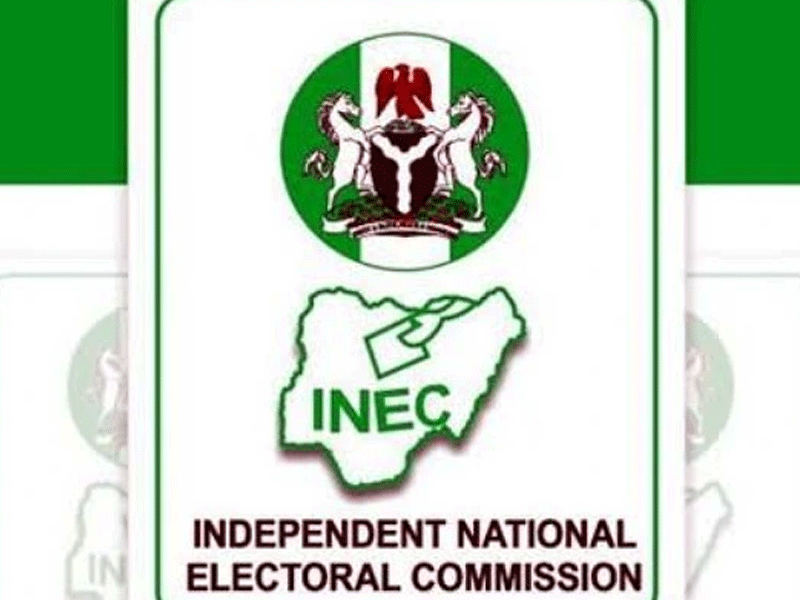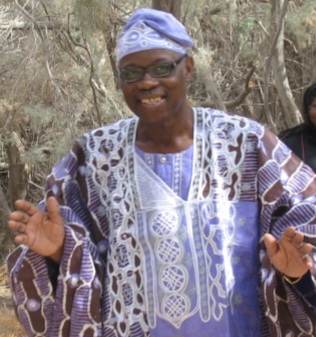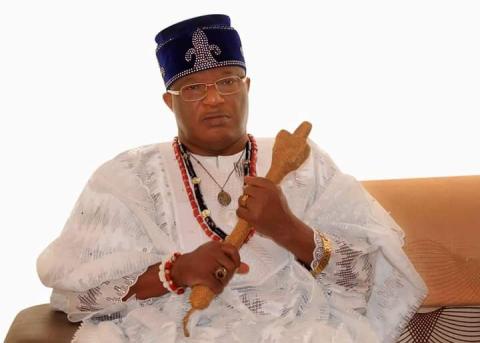
Breaking News: Unilorin Alumi Association: 'We were warned' - Opinion
Breaking News: Breaking: Court Restrains Oyo Assembly from Further Impeachment Process Against Makinde’s Deputy, Olaniyan
Breaking News: Labour leaders physically assault Ogun journalists for covering strike, harass hospital workers
Breaking News: Congratulations Asiwaju – Osinbajo’s spokesperson accepts defeat
Breaking News: Finalissima: Messi steals show, beats European Champion, Italy
The Independent National Electoral Commission (INEC) has rejected claims by African Democratic Congress, ADC suggesting that the number of online pre-registrants in Osun State is inconsistent with demographic realities, insisting that the figures are not unusual.
In a statement on Wednesday signed by its National Publicity Secretary, Mallam Bolaji Abdullahi, the party expressed alarm over the high numbers recorded in the South-West, particularly Osun State.
Reacting in a statement on Thursday, Rotimi Oyekanmi, Chief Press Secretary to the INEC Chairman, said nothing can be farther from the truth as the pattern in Osun has remain consistent over the years.
“Nothing can be further from the truth. There is nothing extraordinary about the figures from Osun State. The pattern is consistent with what occurred during the last Continuous Voter Registration (CVR) exercise in 2021.”
According to the Commission, the online pre-registration portal, which opened on 18 August 2025, recorded 1,379,342 registrations in its first week with Osun State leading with 393,269 registrants, followed by Lagos State with 222,205, while the Federal Capital Territory recorded 107,682.
Oyekanmi explained that Osun has historically topped voter pre-registration charts.
“In 2021, within the first 24 hours of launching the portal, 59,331 accounts were created. By the second week, Osun State was leading with 154,893 pre-registrations. By April 2022, Osun had 708,782 pre-registrations, the highest in the country. These records are already in the public domain,” he said.
INEC emphasised that its processes are robust and transparent.
“All persons who pre-registered online were required to physically visit a designated centre to complete their registration and capture their biometrics. In addition, our Automated Biometric Identification System (ABIS) was deployed to detect and eliminate multiple registrations,” Oyekanmi stated.
The Commission also reminded stakeholders of its tradition of transparency during voter registration exercises.
“Throughout the last CVR, we published weekly data, paused every quarter to display the preliminary register for claims and objections, and gave citizens the chance to point out ineligible entries. At the end of the process, over 14 million new voters were added for the 2019 elections, and over 9.4 million for 2023,” the spokesman noted.
While acknowledging that some states may naturally record higher figures, INEC said it is not its responsibility to speculate on why this happens.
“Our duty as a Commission, which we take seriously, is to ensure that only real persons who meet the criteria in the 1999 Constitution and the Electoral Act 2022 are allowed to register. That is our mandate,” Oyekanmi declared.
He appealed to political parties and the public to avoid hasty conclusions.
“We urge all well-meaning citizens to be circumspect in going public with information based on conjecture, when they can rely on authentic and verifiable data from INEC’s official sources,” he added.
Newsletter





We are not gonna make spamming
Copyright By @ HorizonTimes - 2026
BACK TO TOP